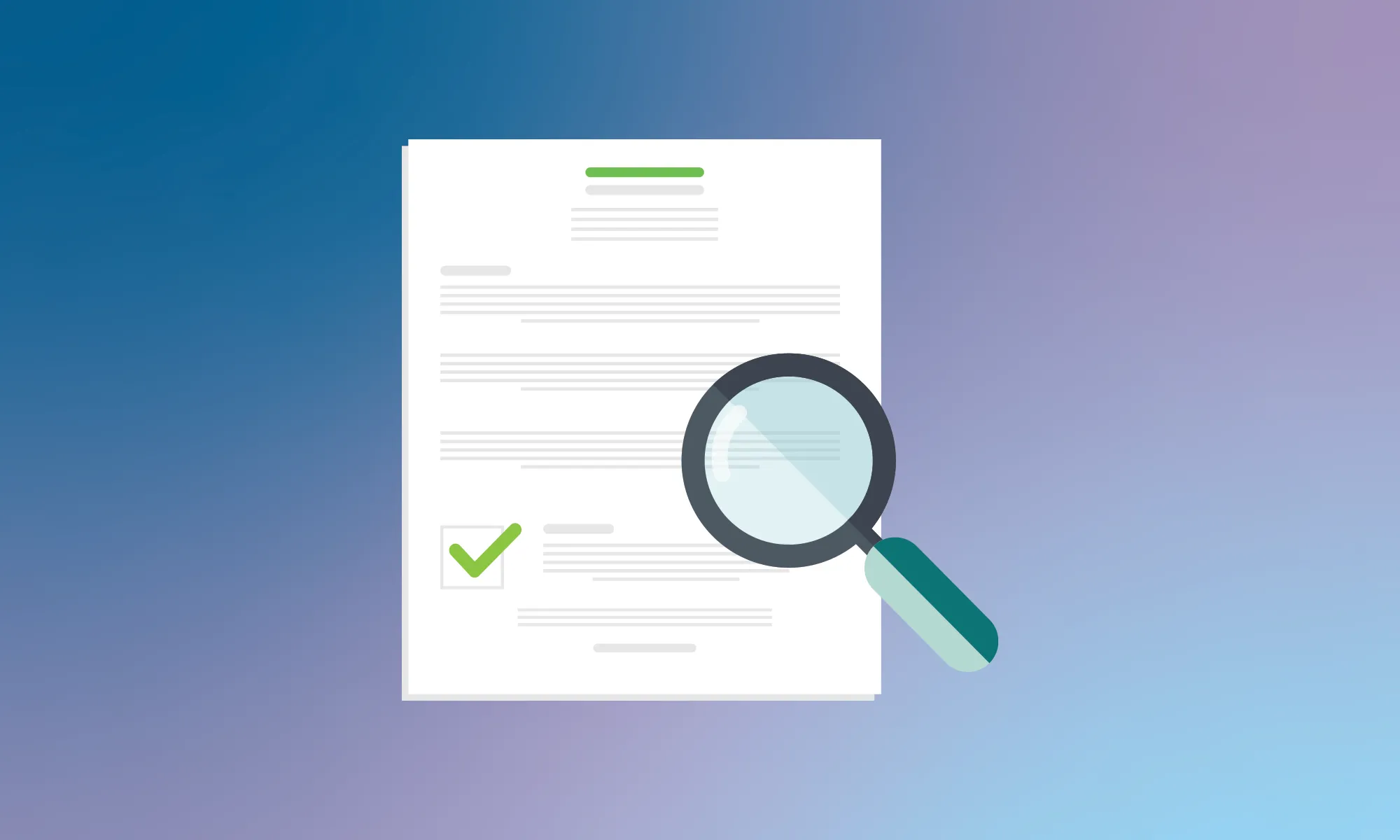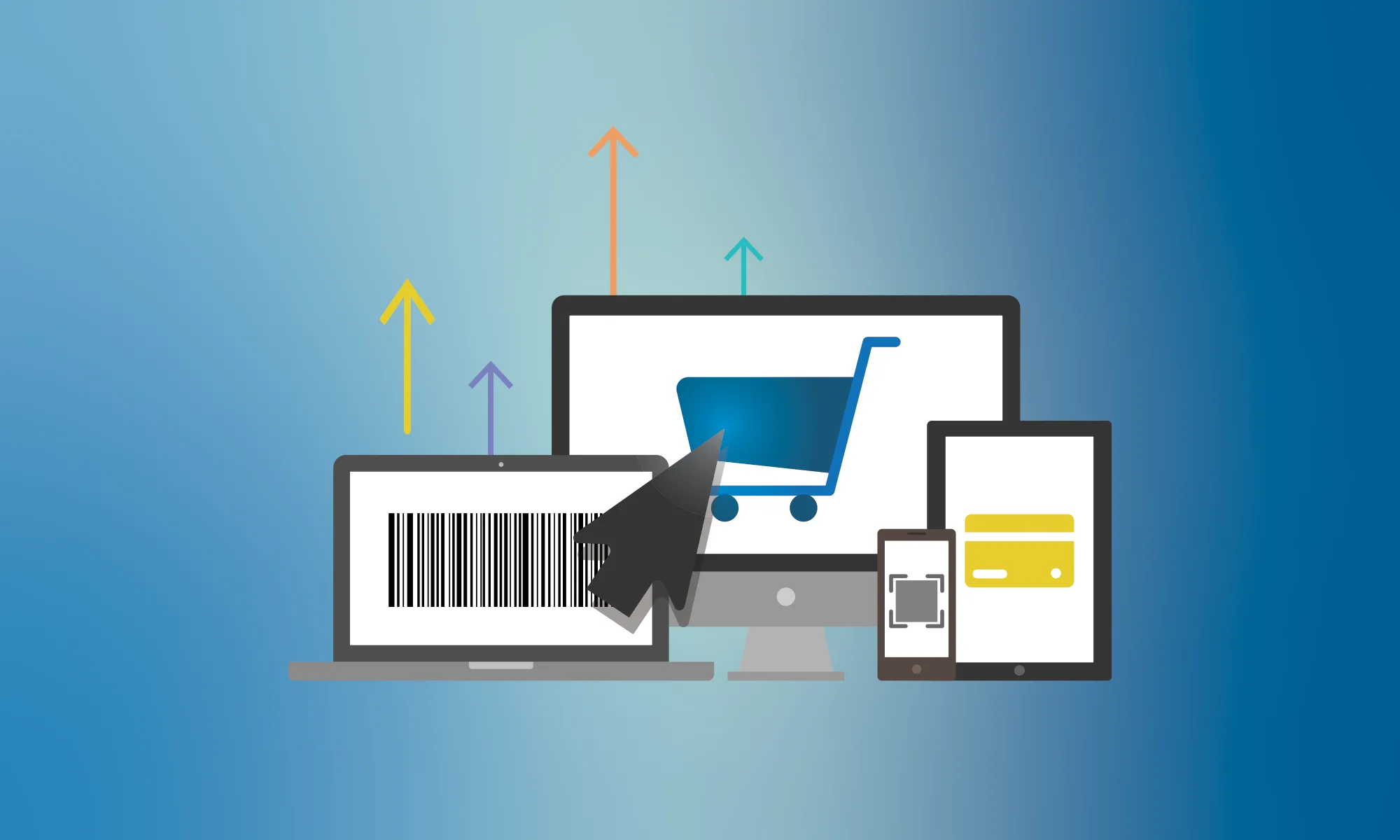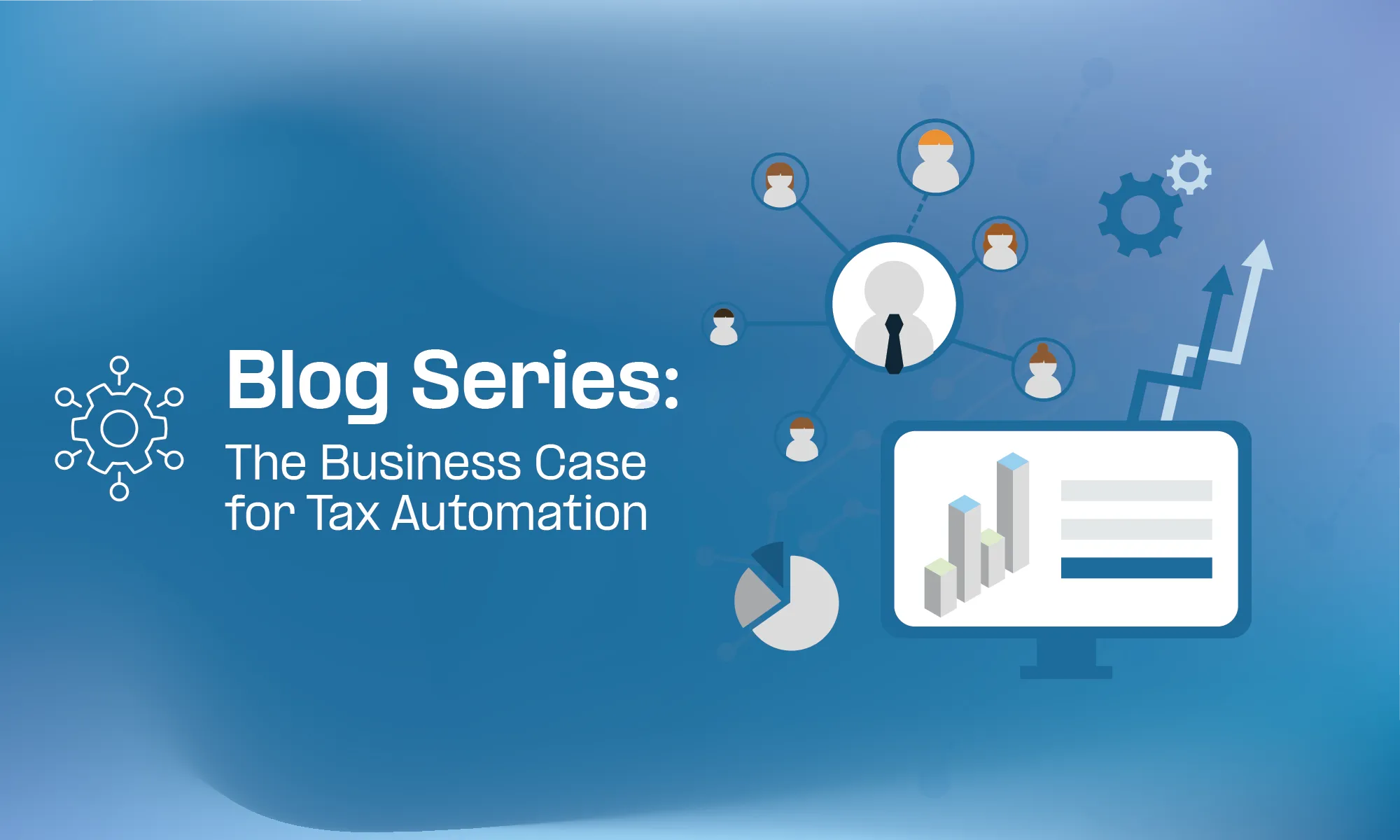Canada
E-invoicing Guide
Summary
E-Invoicing
E-invoicing is voluntary
Digital Reporting
Yes
Canada Electronic Invoicing and Digital Reporting Requirements
Background
E-invoicing is not mandatory in Canada. From the end of 2018, all federal suppliers (Business to Government B2G) should be able to receive e-invoices. This was intended to promote the use of electronic invoices in the country.
- Storage: Every business that uses e-invoicing must have a system to store them. The storage process should guarantee the invoices' confidentiality, integrity, and availability. It should also be easy to retrieve the invoices when needed.
- Archiving: Invoices must be archived for a minimum of six years.
- Format: The Canadian government has mandated that all e-invoices be in the Universal Business Language (UBL) format. This is an international standard that ensures compatibility between different software systems.
The E-invoicing and e-procurement platform PEPPOL was introduced in Canada in 2018. It allows businesses to easily send and receive invoices electronically and track orders and payments. The Pan-European Public Procurement Online (PEPPOL) network is a European initiative that enables businesses to send and receive e-invoices. Businesses are already using PEPPOL in Canada.
Canada introduced a sales data reporting obligation for restaurant and remunerated passenger transport services. It is a fiscalization regime that requires businesses in scope to report their sales data through a certified system to the tax authority within 48 hours.
What Types of Businesses Does This Apply to?
Canadian Revenue Agency (Quebec) requires all restaurants and remunerated passenger transport service providers (taxi operators) to report sales data to the tax authority. This is a sector specific obligation that only impacts above mentioned taxpayers.
Governmental Body Responsible for E-invoicing in Canada
Penalties for Not Adhering to Canada's E-invoice Mandates
Non-compliance with the fiscalization rules may be fined from CAD 300 - 100.00. Additionally, administrative charges of CAD 100- 300 may be charged.
What does the fiscalization process in Canada look like?
- Register for the GST/HST and QST, regardless of your annual taxable sales.
- Configure your sales recording system (SRS) and get a digital certificate.
- See the list of certified SRSs before acquiring your SRS from a developer. Configure your SRS according to the developer's instructions.
- Send required information to the WEB-SRM.
- Give customers a bill produced by a certified SRS.
Is SAF-T Needed in Canada?
No.
E-Invoicing & Global Tax Automation with Fonoa
One way to comply with Digital Reporting Requirements in Canada is to use a provider like Fonoa.
With Fonoa you can:
- Have one integration for your global needs, including Canada
- Save time and money by automatically cleaning your data to minimize errors and manual work
- Utilize our validation mechanisms to ensure reporting accuracy, data completeness, full control, and compliance
- Rest assured that transactions are successfully reported or queued for internal investigation with our retry mechanisms
- Get full visibility with our dashboards by filtering criteria, analyzing granular transaction data, and quickly importing /exporting information
Disclaimer on Tax Advice
Fonoa does not provide professional tax opinions or tax management advice specific to the facts and circumstances of your business and that your use of the Specification, Site, and In addition, due to rapidly changing tax rates and regulations that require interpretation by your qualified tax professionals, you bear full responsibility to determine the applicability of the output generated by the Specification and Services and to confirm its accuracy. No professional tax opinion and advice. Fonoa does not provide professional tax opinions or tax management advice specific to the facts and circumstances of your business and that your use of the Specification, Site, and In addition, due to rapidly changing tax rates and regulations that require interpretation by your qualified tax professionals, you bear full responsibility to determine the applicability of the output generated by the Specification and Services and to confirm its accuracy.










